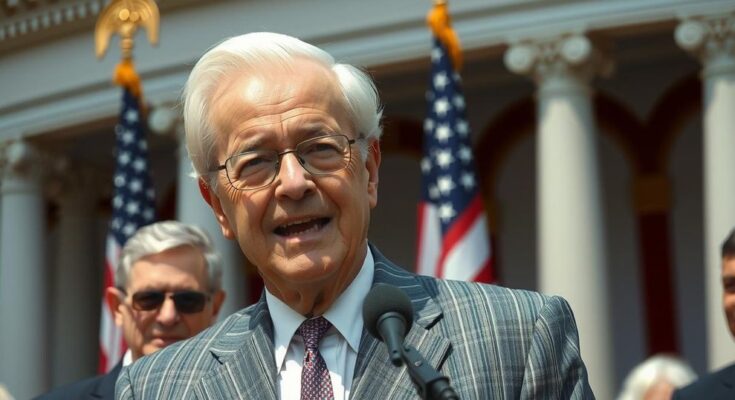On a National Day of Mourning, the U.S. remembers former President Jimmy Carter, whose humanitarian support influenced South Sudan during its struggles. Meanwhile, South Sudan rebels have formed a new coalition, and there are reports of violence in Chad.
On Thursday, the United States observed a National Day of Mourning for former President Jimmy Carter, an esteemed leader who served as the 39th president from 1977 to 1981. A state funeral was held at the National Cathedral in Washington, D.C., attended by governmental officials and dignitaries. Notably, analysts highlighted Carter’s enduring support for the people of South Sudan during their challenging times, illustrating the global impact of his humanitarian efforts. In other regional news, there were reports of holdout rebels in South Sudan forming a new coalition, along with violent incidents involving armed men attacking the Chadian president’s residence.
The situation surrounding Jimmy Carter’s passing and the subsequent national mourning reflects his significant legacy in American politics, particularly his humanitarian work, which included advocacy for global peace and aid. Carter’s influence extended to various countries, including South Sudan, where his support was crucial during times of conflict. Concurrently, South Sudan faces continuing instability, exemplified by the emergence of rebel groups and unrest in neighboring countries such as Chad.
In summary, the United States has commemorated the life and legacy of former President Jimmy Carter, emphasizing his contributions to peace and humanitarian efforts, particularly in South Sudan. His passing has sparked reflections on the importance of continued support for vulnerable regions amidst ongoing conflicts. The emergence of a new rebel coalition in South Sudan and violence in Chad further underscores the complex challenges the region faces at this time.
Original Source: www.voaafrica.com




